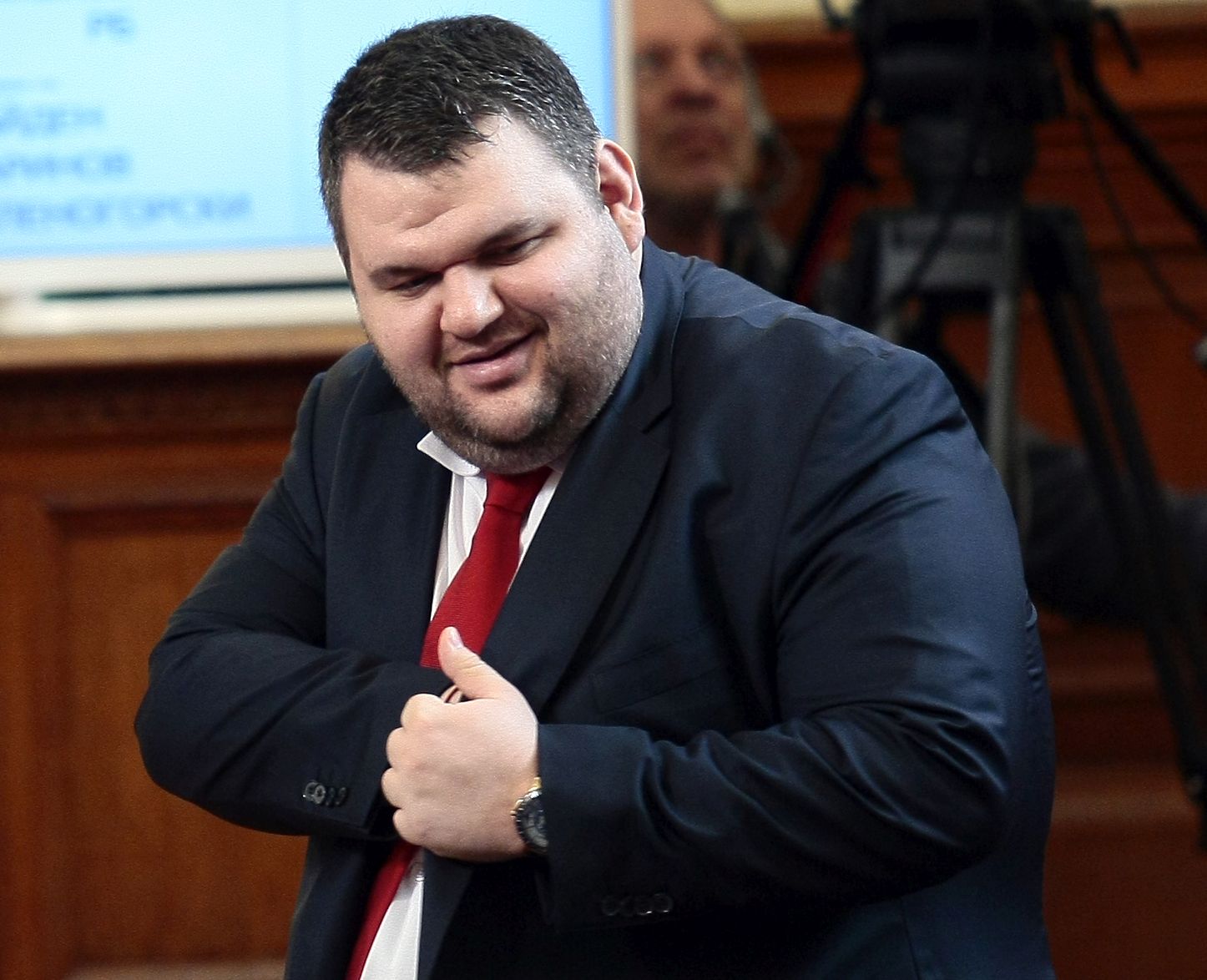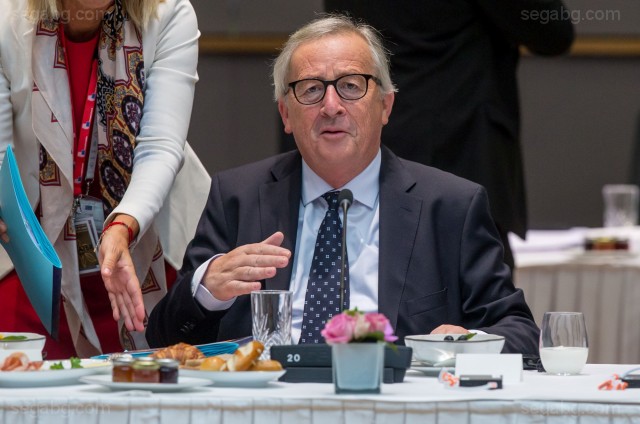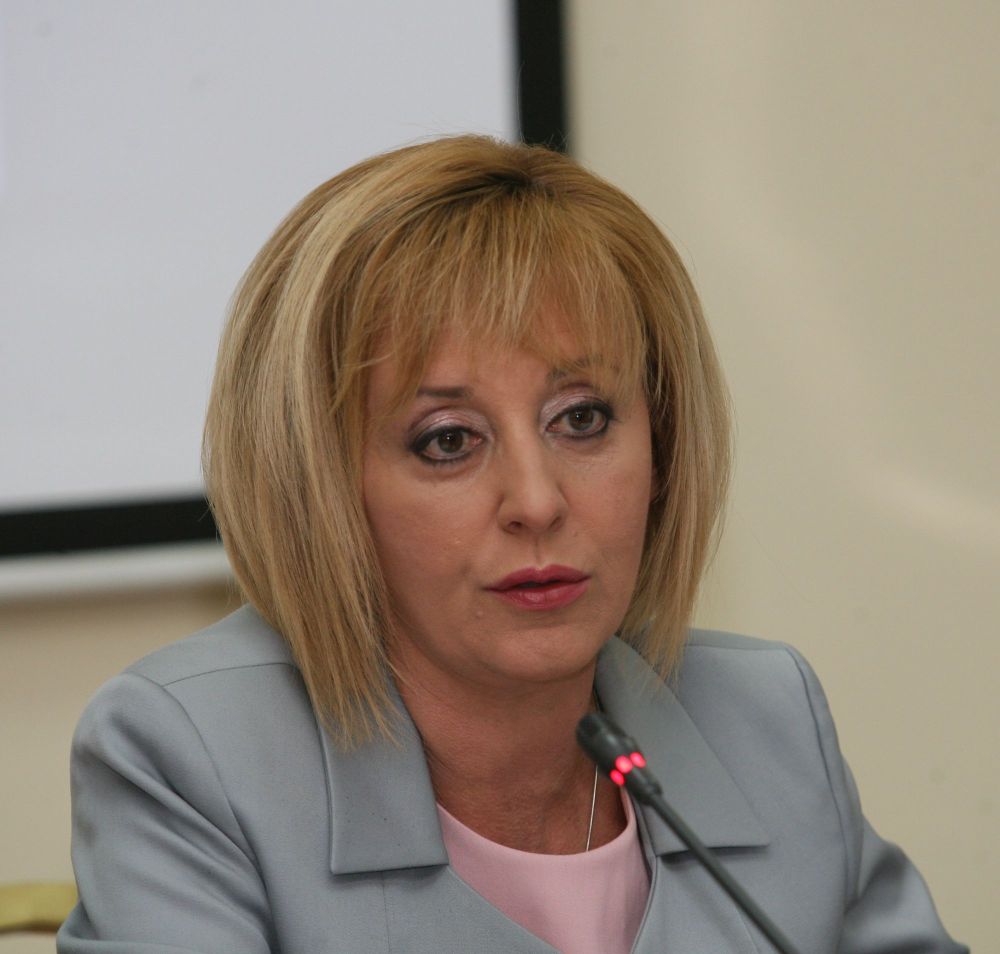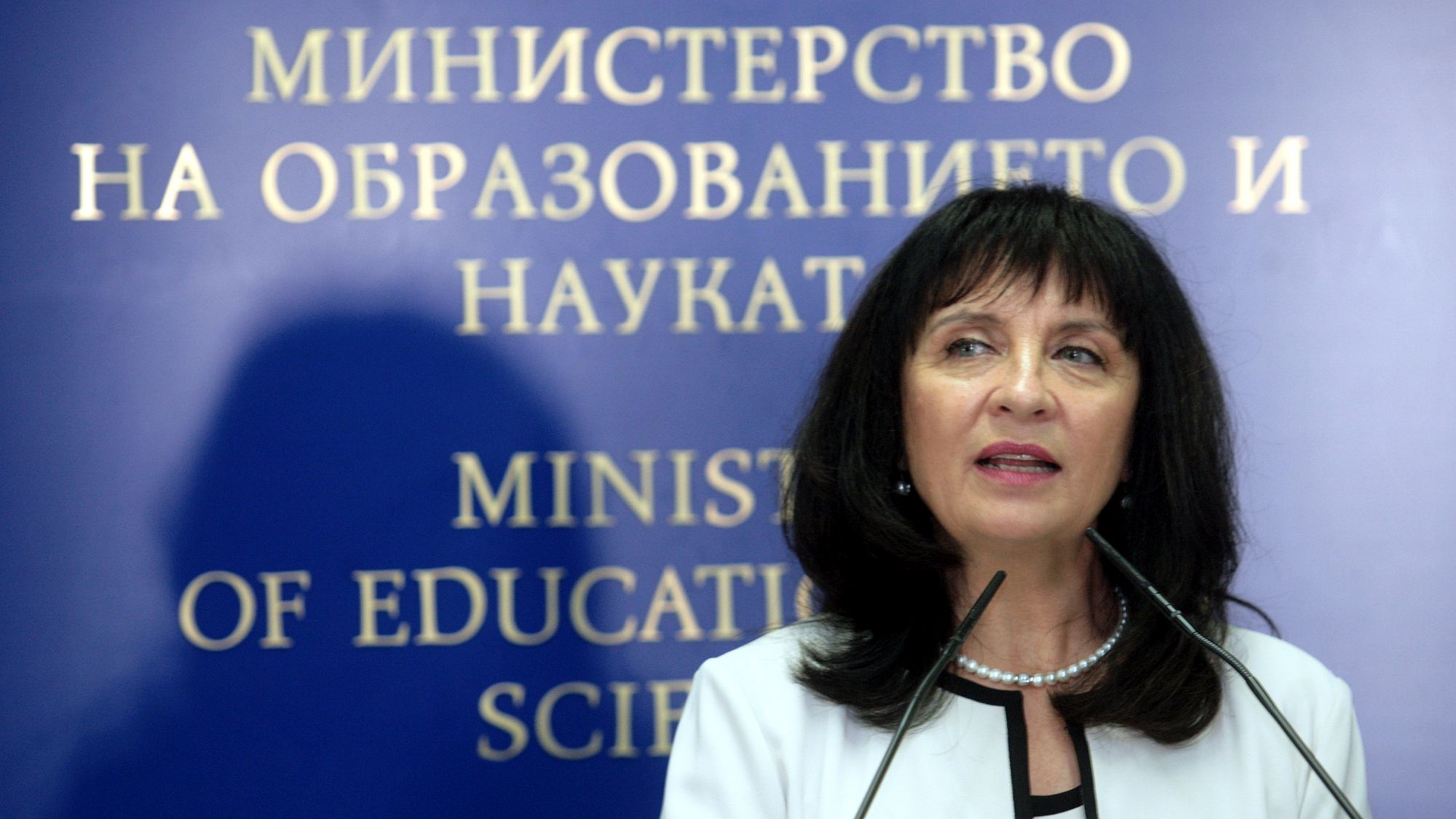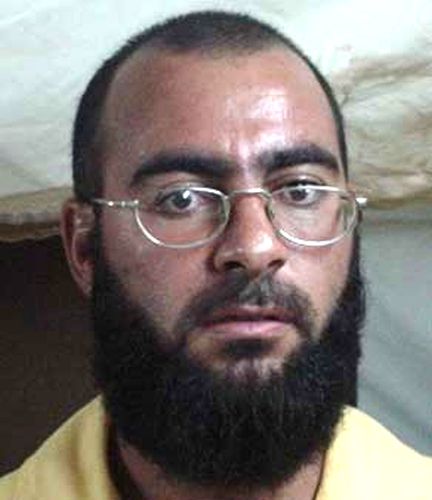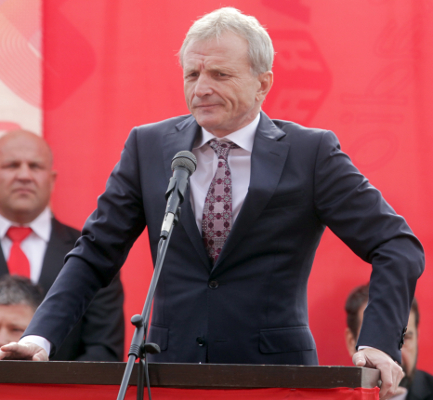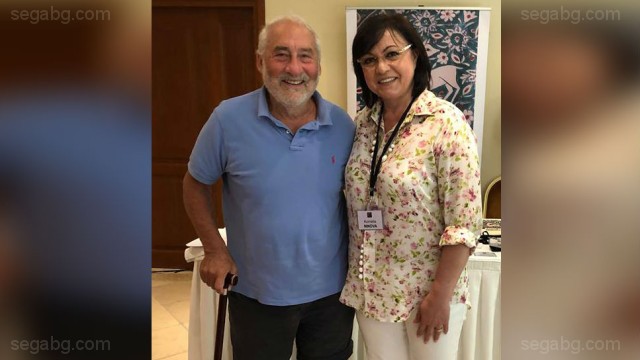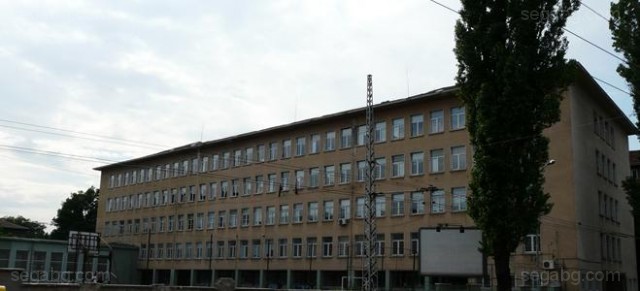Да си представим един висш европейски чиновник, който много пътува. Той непременно спи в хотели пет звезди, ползва басейните, на закуска изпива непременно половин кило бананов шейк. Шоколадови камериерки със сърнешки очи и кадифени шийки застилат ложето му и гладят дрехите му. Досегът му с природата е ограничен - само на игрището за голф.
Да си представим сега, че същият този чиновник - избръснат, свеж, благоуханен - попада в София по линия на европрисъединяването в качеството си на евроинспектор и изказва пред домакините желание да се разходи сам по градските улици, за да вдъхне специфичния им аромат. Какво се случва после? Какво ще си помисли тоз фин човек?
Първо, като види тежките зимни условия, той ще си помисли, че е попаднал зад Северния полярен кръг, някъде в обиталищата на самоедите: по засипаните улици вият и буксуват изтерзани автомобили, снегорините обикалят в кръг единствено около властовия център - президентство, Министерски съвет, община и парламент; по стъклата на автобусите пък има такъв дебел слой лед, сякаш вътре превозват замразена океанска риба. От друга страна, чужденецът, който не е настроен априори негативно, пък и навремето, като колежанче, е подклаждал юношеския си сантимент със златотърсаческите разкази на Джек Лондон, ще признае с ръка на сърцето, че софийската градска среда по своя суров драматизъм наподобява донейде ранния Клондайк: по тротоарите се щурат облечени в няколко ката връхни дрехи хора с трескав поглед, които трескаво ровят в метални контейнери и търсят нещо, а улиците са пълни с глутници едри кучета, годни за впрягане в шейни.
Погледът на евроактивиста внимателно попива всичко. Той е със скъпи очила - стъклото само на едното му очило струва 500 марки. Но докато кибичи прав на тротоара, впечатлен и настроен патетично, от един камион, разпръскващ пясък и чакъл по пътното платно, изхвръква едно чакълче и счупва туй едно очило. И погледът му се замрежва. Като го виждат такъв със замрежен поглед, две румънски джебчийки го претръскват за броени секунди, а един албански турист (да не се бърка с "терурист") му отмъква палтото и обувките. Накрая двамина нашенски роми му теглят фината шкурка, като му отмъкват и счупените очила. За капак един местен "сарафин" му сменя доларите на принципа "тука има - тука нема". Когато се добира до хотела, нашият герой едва се съвзема от шока и вписва в дневника си: Bulgaria - no comment.
Това на езика на европееца означава едно: място, което е по-добре да гледаш само по Euronews.
Returning to the Roots of Patriotism
by Dan McDonald
http://www.lewrockwell.com/orig2/mcdonald1.html
There has been a lot of talk about how America is experiencing a revival of patriotism since the attacks of the twin towers of the World Trade Center and the Pentagon building. What is patriotism? Is it something that characterizes people when war comes to a nation, or when a nation takes war to other nations? Is it to be defined in emotional attachment to the flag and a support of a nation's military? Is patriotism something primarily to be associated with going to war or honoring those who did? I am afraid that for many of our countrymen that may be the extent of their concept of patriotism. I would like to propose an understanding of patriotism which is equally applicable in war and in peace, and which if properly understood will serve as a barrier to those who seek to enslave patriotism to the schemes of empire builders.
In my mind, the best place to begin to define and understand patriotism is to recognize its connection to the root word from which it was formed. The word “patriotism” is built from the Latin word “pater”. “Pater” was the Latin word for “father”. There are a number of words we have in English from this word. We have “paternal.” Those who are familiar with Christian tradition may well have joined in the singing of the “Gloria Patria”, whose title is taken from the opening words, “Glory be to the Father.” Patriotism is rooted in an expression of attachment with one's fathers, and more broadly speaking with the fathers (or ancestors if we wish to be free from gender bias) of one's culture. We can see elements of this in some of our nation's most recognized symbols. When we sing “My country Tis of Thee, we describe our love for country among other things in terms of “land where my fathers died.” In Lincoln's Gettysburg Address, he begins with the words “Fourscore and seven years ago our fathers dedicated this land.” I use these examples to express that patriotism recognizes the contributions of fathers, and particularly of fathers with whom one's culture has bonds of affection.
Culture and society are created, strengthened, and preserved because humanity is capable of passing to its descendants an inheritance that contains social and spiritual values as well as material benefits. Patriotism recognizes the value of these benefits. As a Protestant, my tradition voices strongly its belief that salvation is by grace, a gift of a gracious God to a people who have done little or nothing to merit such a gift. The Protestant perspective on living the Christian life is to live as ones overwhelmed by the kindness and mercy of the great gift given us by God. I think non-Protestants appreciate this motivation far more than we Protestants assume. I use this illustration from my Protestant background to shed light on the true nature of patriotism. Patriotism is recognizes that our cultural fathers have left us a heritage and an inheritance that is to be treasured and valued. Patriotism is not primarily an attitude towards one's military, but to the broader achievements of our cultural ancestry. We recognize that we have inherited cultural, spiritual, and economic capital for which we neither labored nor sacrificed. The recognition should cause us to think of our parents' and culture's achievements with gratitude. Furthermore, the recognition of an inheritance that we have been given by our ancestors should motivate us to wish to improve so that our descendants will be granted a greater inheritance than we originally received.
I grew up in Illinois, in a region that was originally prairie. Many of the farms have an interesting feature. The homes would be old, with large majestic oak trees providing shade. I often took these features for granted, until one day I realized that most of those majestic oaks did not exist in the prairie landscape. A farmer had built his home, and had planted an oak that would one day provide shade for the farmhouse. Oaks are majestic, but they take a long time to get that way. The farmers of Illinois that planted those trees in the nineteenth century received little shade from the slow growing oaks they planted. They were genuinely planting trees for their sons and daughters and grandchildren to inherit and enjoy. That is patriotism, living in recognition of an ancestry that has bestowed upon us a heritage with a desire to leave a heritage to our descendants.
Patriotism should furthermore be carefully protected from nationalistic fervor. Patriotism is an adult emotion, nationalistic fervor a childish emotion. Children do not recognize that other children feel the same bond for their fathers as they feel for their own. A child thinks another child's father must not be viewed as so wonderful as his own father. Nationalistic fervor is childish in that it insists that non-Americans feel the same for America as Americans. Adults recognize that each child is born into a special relationship with his or her father and mother. The adult recognizes that it is not just his particular father and mother who are to be honored, but all fathers and mothers, especially by those who have been involved in those special relationships.
I came to appreciate this a couple of years ago, when I was in St. Petersburg, Russia. The city is a beautiful city, created by Peter the Great on the delta of the Neva River. There are beautiful canals. There are more than 300 bridges, with most being as much a work of art as function. There are majestic palaces, and there is the history that captures the imagination as one sees the many sites and wonders of the city. I sat in a park and thought of how the city must have looked when Pushkin and Dostoyevski, Tchaikovsky and Mussogorsky lived there. Then I thought about the dark days of World War II, when for 900 days Hitler's armies sought to freeze and starve the people of the city then known as Leningrad. For almost three years the city was surrounded, nearly half of its inhabitants died from the effects of cold and malnutrition, but they refused to surrender. The nationalist with childish blinders cannot appreciate what Russians felt for their city and heritage. They can only feel pity that they are not Americans. The patriot with an adult patriotism recognizes that Russians feel the bonds of fathers and sons; actually it was a Russian named Turgenev who wrote the book. The patriot with an adult patriotism recognizes that each of us have grown up in cultures in which we feel a special bond, a bond to be built upon.
Libertarians come in many forms, but it should be remembered that while we generally believe that mankind as a whole would be better off if everyone accepted libertarian principles of freedom, that Libertarians generally have never believed that the whole world must be libertarian before benefits accrue to those living in those systems. The greatest value that our ancestors have granted to us is freedom. There is a new form of patriotism seeking to steal our heritage. They speak of America's destiny as maintaining a beneficial global hegemony over the entire world. They wish to militarize America's patriotism and make us think that patriotism is a matter of waving the flag over the newest war effort. They don't want us to think about planting oak trees in our yards, or passing along values to our children. They don't want us to become adults and appreciate that the Chinese, the Russians, the Afghanis, may feel the same way of their land and heritage as we feel for our own. They want us to be nationalists, to be imperialists, to turn from our nation's original heritage to serve the pipedreams of madmen. Sometimes, I can imagine a James Bond movie, in which the villain is a magazine editor, who set out to take over the world. At the end, Bond has once more saved the world, and shakes his head over the folly of the editor, and says, “global hegemony, just another word for the same mad dream of world domination.”
December 12, 2001
Dan McDonald [send him e-mail] works at an oil refinery in Oklahoma.
Copyright © 2001 LewRockwell.com

